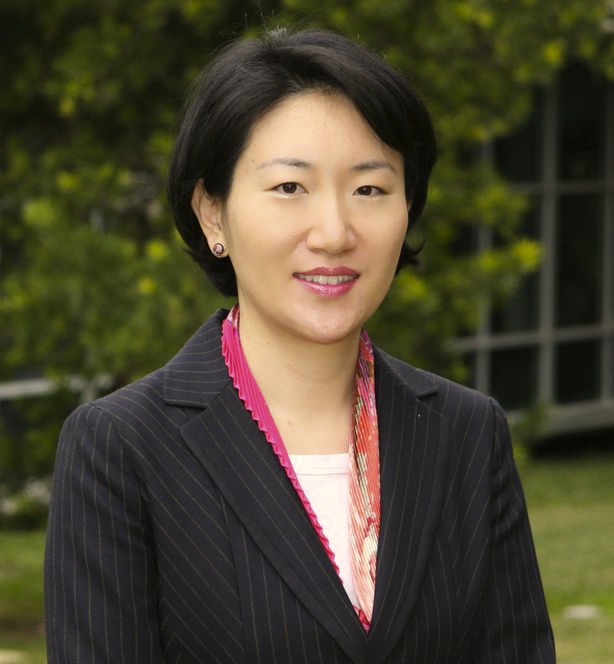
Hyon Joo Yoo
Abe Fellowship 2012
Project Title
Domestic Impediments for Alliance Cooperation: A Comparative Analysis of Japan and South Korea in Relocating US bases Institutional Affiliation (at time of award)
Assistant Professor, Political Science, Trinity University 